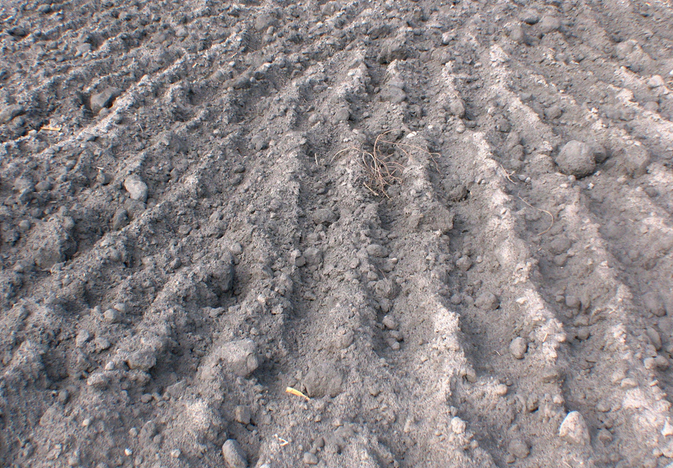Waste
Environmental groups, manufacturers find common ground on eliminating rules
|
Michigan’s Environmental Advisory Rules Committee is a group of environmentalists, manufacturers, attorneys and state officials assigned to identify duplicative, obsolete or burdensome environmental rules.






